News
- Plants
How dandelions rig the odds for catching upward gusts
New images reveal microstructures that, depending on how the wind blows, help give a dandelion seed lift-off or the grip needed to wait for a better breeze.
By Susan Milius -
 Agriculture
AgricultureA grapevine bacteria may help douse wildfire-tainted wine’s ashy aftertaste
Grape plant bacteria might help mitigate smoke taint in wine by breaking down chemicals that evoke an ashy taste.
By Carly Kay -
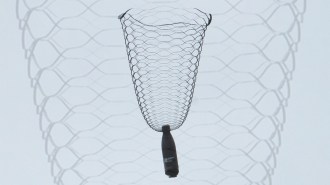 Physics
PhysicsThese parachutes unfurl thanks to the Japanese art of kirigami
Parachutes inspired by Japanese paper cutting unfurl automatically and fall more predictably than standard parachutes.
-
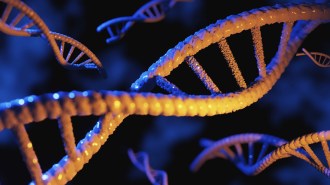 Genetics
GeneticsAI generated its first working genome: a tiny bacteria killer
Bacteriophages designed with AI kill E. coli faster than a well-studied strain, but the tech needs regulation before moving beyond lab dishes.
-
 Health & Medicine
Health & MedicineCan AI spot harmful health side effects on social media?
A new AI tool discovers harmful side effects of cannabis products from Reddit posts. Public health workers could use this info to help keep people safe.
-
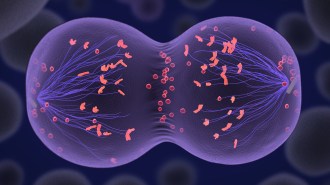 Health & Medicine
Health & MedicineScientists made human egg cells from skin cells
More work needs to be done to create viable human embryos, but the method might someday be used in IVF to help infertile people and male couples.
-
 Archaeology
Archaeology12,000-year-old rock art hints at the Arabian Desert’s lush past
Newly found engravings of animals on rock outcrops in Saudi Arabia’s Nefud desert show nomads lived there thousands of years ago.
By Tom Metcalfe -
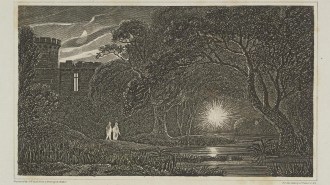 Physics
PhysicsHere’s what might spark ghostly will-o’-the-wisps
Chemists have discovered tiny zaps of electricity moving between “swamp-gas” bubbles. Could they ignite methane gas to glow as dancing blue flames?
By Laura Allen -
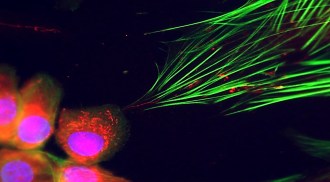 Health & Medicine
Health & MedicineCancer uses mitochondria to reprogram neighboring cells
Cancer cells transfer mitochondria through nanotubes to healthy neighboring cells, turning them into tumor-supporting accomplices, a new study shows.
By Meghan Rosen -
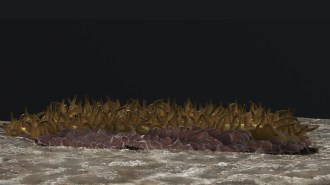 Paleontology
PaleontologyWhat may be one of Earth’s earliest animals has a punk rock vibe
Squiggly markings like a punk rock hairdo led researchers to identify the remains as spongelike animals that may have lived around 560 million years ago.
-
 Health & Medicine
Health & MedicineMore young U.S. adults report trouble with memory and focus
From 2013 to 2023, the prevalence of self-reported difficulties with memory, concentration and decision-making nearly doubled among young adults.
-
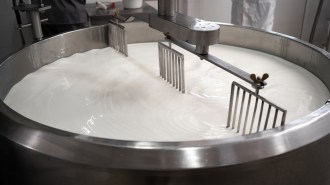 Health & Medicine
Health & MedicinePasteurization destroys H5N1 bird flu in milk
Tests show pasteurized dairy with H5N1 remnants did not cause illness in mice, supporting safety of milk during outbreaks.
By Jay Kakade